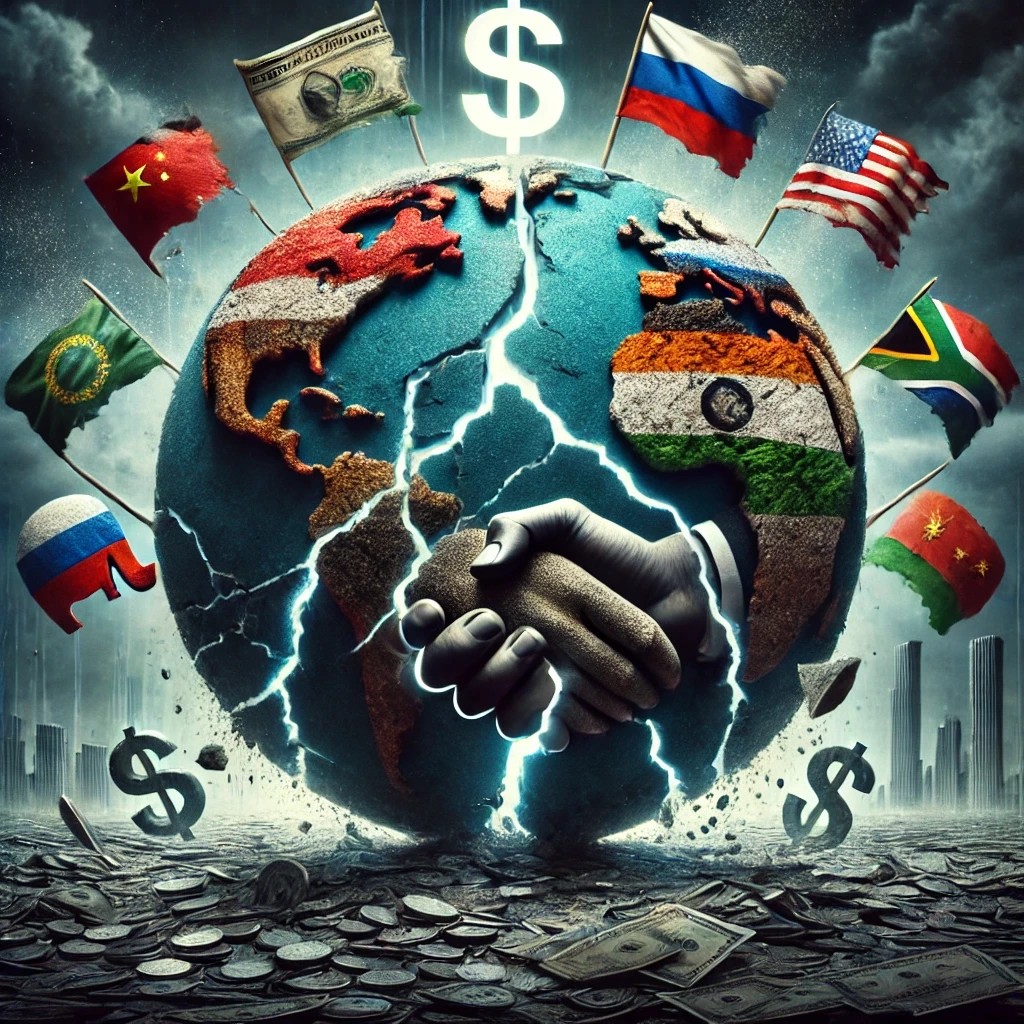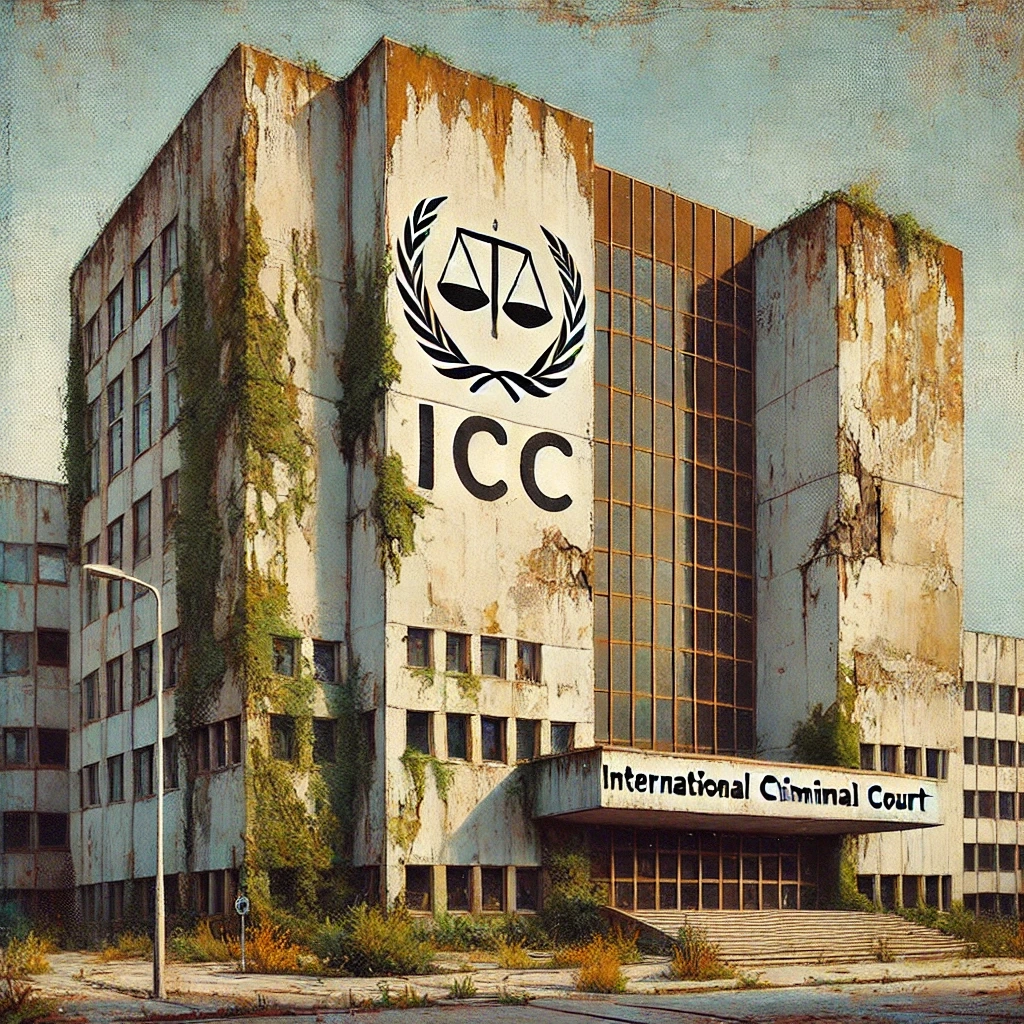The Evolution of Warfare
Throughout history, war has been a brutal and physical confrontation. Soldiers clashed on sprawling battlefields, with the primary aim of conquering territories and subduing opponents. However, as humanity progresses, the nature of conflict has transformed dramatically. Today, the focus is shifting away from human casualties and physical domination to battles of intellect, innovation, and technology.
This evolution is not a sudden shift but a gradual transformation rooted in historical events, most notably during the Cold War era.
Competition Without Combat
The Cold War between the United States and the Soviet Union marked a pivotal moment in the history of warfare. Though the two superpowers never directly engaged on the battlefield, they waged an intense competition on other fronts. This "war" was fought with technological advancements, scientific breakthroughs, and industrial achievements rather than armies and weapons.
The space race is a prime example of this indirect confrontation. The Soviet Union's launch of Sputnik in 1957 and the U.S.'s subsequent Apollo moon landing in 1969 symbolized a new kind of rivalry—one that pushed the limits of human potential without direct violence. While the Cold War was often tense and fraught with danger, it laid the groundwork for a shift in how nations compete.
The Rise of Technological Supremacy
In the modern era, the shift away from traditional warfare has intensified. Nations no longer prioritize acquiring territories through force; instead, their focus is on achieving technological dominance. Microelectronics, software, artificial intelligence, and advanced digital infrastructures are the new tools of power.
The United States remains a leader in this technological arms race, continuously developing cutting-edge innovations. However, it has also adopted a strategic approach to enhance the technological capabilities of its allies, particularly those in proximity to its competitors. Recent policies restricting technology transfers to China while strengthening partnerships with nations like India and Vietnam underscore this strategy. These efforts reflect a broader geopolitical shift where alliances are forged not on military strength alone but on technological collaboration and innovation.
Cities as the New Epicenters of Competition
The theater of competition has also changed. Historically, nations were the primary players in global rivalries. Today, cities have emerged as key epicenters of competition. Tech hubs like San Francisco, Bangalore, Dubai, and Singapore are at the forefront, driving innovation and attracting global talent.
Unlike nation-states, cities are not competing to conquer territories. Their goal is to attract the brightest minds and foster creativity. By offering superior living standards, world-class infrastructure, and unparalleled educational opportunities, cities are vying to become the most desirable places for innovation and talent. This shift underscores a broader trend where the focus is not on domination but on creating ecosystems that promote advancement and growth.
The "Humane" Approach to Global Competition
The battles of the 21st century are not fought with soldiers and tanks but with algorithms and data. Artificial intelligence, quantum computing, and cybersecurity are at the forefront of this new paradigm. Machines, rather than humans, are increasingly taking center stage in these competitions.
This shift represents a more "humane" approach to conflict. The emphasis is no longer on inflicting harm but on outpacing competitors through innovation and technological advancements. The goal is to advance collectively while safeguarding global stability and peace.
Challenges and Opportunities in the New Era
While this transformation is promising, it also presents unique challenges. The race for technological supremacy has led to concerns about inequality, cybersecurity threats, and ethical dilemmas. For instance, the development of artificial intelligence and autonomous systems raises questions about accountability and the potential for misuse.
At the same time, this shift offers immense opportunities. By focusing on innovation and collaboration, nations and cities can address pressing global challenges such as climate change, healthcare, and education. The transition to a knowledge-driven competition also encourages investment in science and technology, benefiting humanity as a whole.
A New Definition of Warfare
In this evolving landscape, the very definition of warfare is being rewritten. It is no longer about defeating an enemy but about advancing faster, smarter, and more effectively. The future of conflict lies in out-innovating rivals, creating sustainable ecosystems, and fostering global collaboration.
As humanity continues to progress, the battles of the future will be less about conquering others and more about conquering challenges. The transformation from traditional warfare to intellectual and technological competition reflects not only a change in strategy but also a shift in values—toward a world where advancement and coexistence take precedence over destruction and domination.








